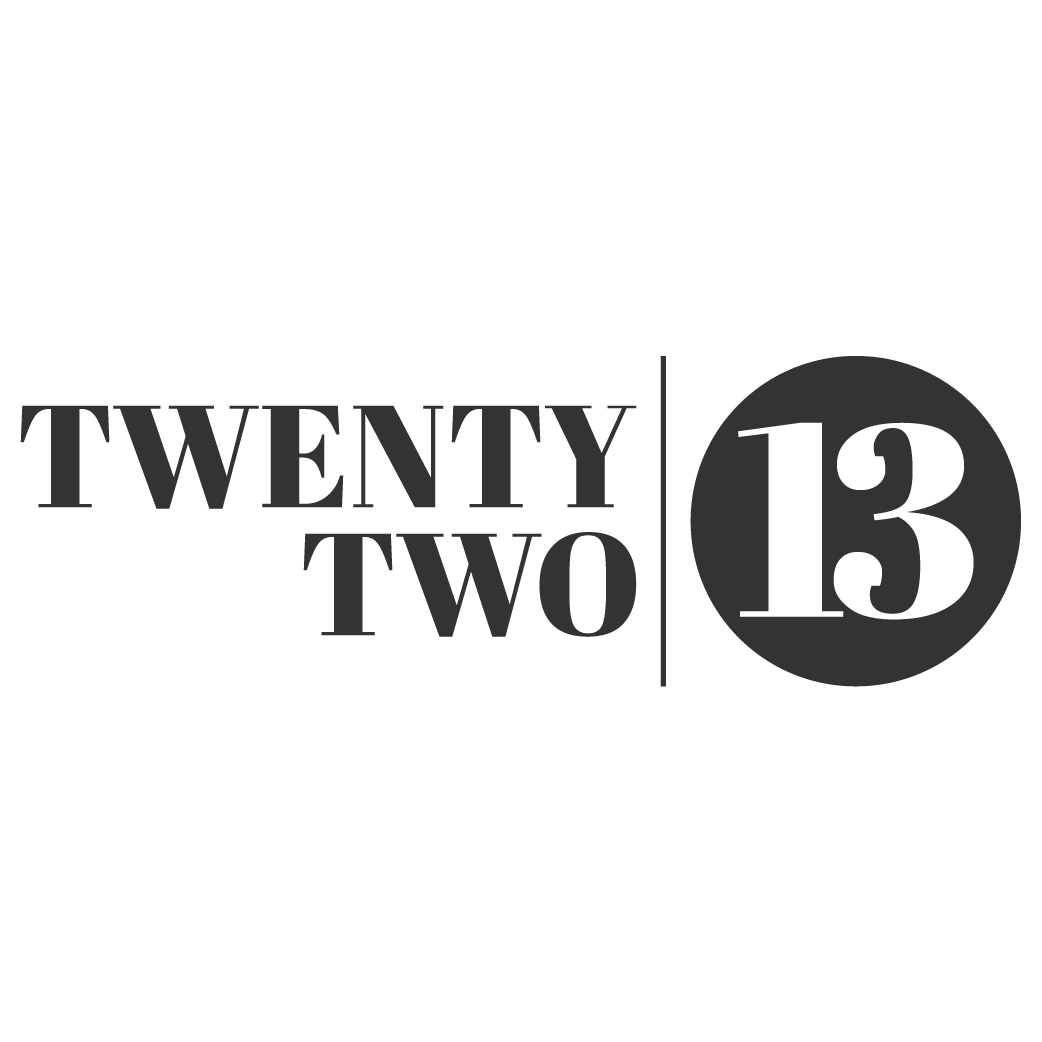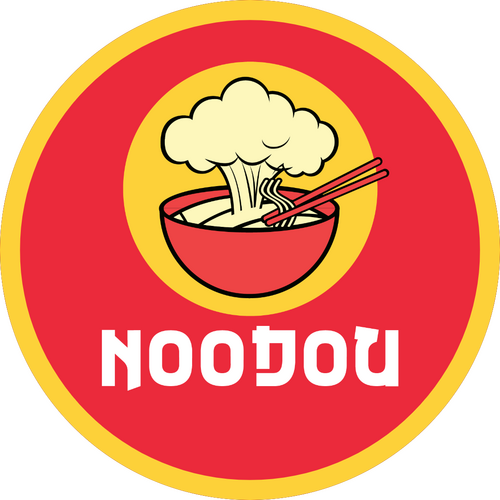From outcast to president – Sheila De Costa lights the way home
4 天前
The Selangor and Federal Territory Eurasian Association (SAFTEA) has a long and distinguished history.
It began as the Eurasian Association of Selangor (EAS) in 1919, evolved into the Selangor Eurasian Association (SEA) around 1950, and finally became SAFTEA in 1991.
For nearly a century, men led the association – until a young lawyer challenged the establishment.
Sheila Eleanor De Costa was 48 when she first ran for president in 2009, but she was decisively defeated by entrenched patriarchal forces resistant to change.
She was dismissed in Kristang as muitu grandesa cum rustiku – an arrogant upstart with no respect for the old guard.
Undeterred, De Costa volunteered to handle the club’s public relations and was elected to the general committee. There, as part of her quiet revolution, she created a letters section – giving the community a voice. Though met with resistance, she stood firm, believing it was vital for progress.
Two years later, in 2011, the Manchester Polytechnic law graduate (BA Hons, 1982) ran again. Once more, critics called her peli grosu (thick-skinned) for refusing to accept defeat.
This time, however, the race was tight. After a recount, the result was a tie. The elections chairman, Datuk Julian Peveril Monteiro – a former president – cast the deciding vote for De Costa, making her SAFTEA’s first female president.
Determined to prove that women could lead fearlessly, De Costa forged a new path. Fourteen years later, she remains at the helm – one of SAFTEA’s longest-serving presidents.
Her latest mission is to build a new clubhouse for the association, replacing the Jalan Pudu premises in Kuala Lumpur that stood for over 60 years before closing in 2013. The new site in Jalan Bangsar Utama will serve not only as a clubhouse but also as a museum tracing the community’s roots and its contribution to Malaysia’s development.
De Costa has raised RM2 million for the project, though more is needed to complete it.
To highlight this cause, she has documented her life and struggles in her biography A Light Home: A Portuguese–Eurasian Journey, written by J.K. Asher.
“This book began as an attempt to document how the Selangor Eurasians fought for and finally won a piece of land to build our clubhouse,” said De Costa.
“Over the years, there were so many conflicting versions of how it happened, and my husband encouraged me to record it properly – for posterity.
“A book, after all, remains long after we are gone. But as we went deeper, it became not just about documents and legalities – it became about rediscovery: of self, of history, and of the people who shaped me.”
One of those people is her grandfather, Benedict De Costa, mentioned 22 times in A Light Home.
“My Abok, as I called him, was a pillar – strong, kind, and deeply principled,” said De Costa, who was born in Kluang, Johor.
“He embodied the best of our Eurasian values: faith, family, and resilience. He taught me that even when life tests you, you face it with dignity and humour.
“His legacy continues to guide me. I think he would have been quietly proud of how his granddaughter has carried his name forward. He dedicated his life to serving others – something I try to emulate.”
De Costa said her book explores questions of belonging and visibility – and what it truly means to be Eurasian.
“To me, being Eurasian – or Serani, as we’re fondly called – means embracing the richness of our mixed heritage without apology,” said De Costa, who is also the deputy chairman of the Advisory Panel of the Women’s Institute of Management Malaysia.
“We are descendants of explorers, teachers, artisans, and dreamers who have called Malaysia home for centuries. We belong not because we fit neatly into one box, but because we embody Malaysia’s multicultural soul.
“Visibility for Eurasians today means taking pride in that identity and ensuring our stories, traditions, and contributions are not forgotten.”
She added that there is a misconception that all Eurasians are Christians.
“With mixed marriages over the years, we now have Eurasians who are Hindus, Buddhists, and Muslims,” she said.
De Costa also noted that Sarawak has a significant Eurasian community – predominantly of British ancestry – while in West Malaysia, the Portuguese bloodline remains the strongest, followed by Dutch, English, French, and others.
“I hope this book reminds them to be proud of who they are – to know that their heritage is not diluted, but enriched,” she said.
“Our people have contributed so much to Malaysia’s history, culture, and nation-building. I want this book to be both a mirror and a map – showing that we have a place here, and that our identity is worth celebrating and protecting.
“No matter the circumstances, you can change things if you never give up.”
De Costa said A Light Home is a reminder that ‘home’ is more than a place.
“It’s the courage to stand tall in your identity, to honour your roots, and to light the way for others to find theirs.”
A Light Home is published by Partridge Publishing (Singapore) and is available in print and digital formats worldwide.
To purchase in Malaysia, click here. For international orders, click here.
...Read the fullstory
It's better on the More. News app
✅ It’s fast
✅ It’s easy to use
✅ It’s free









